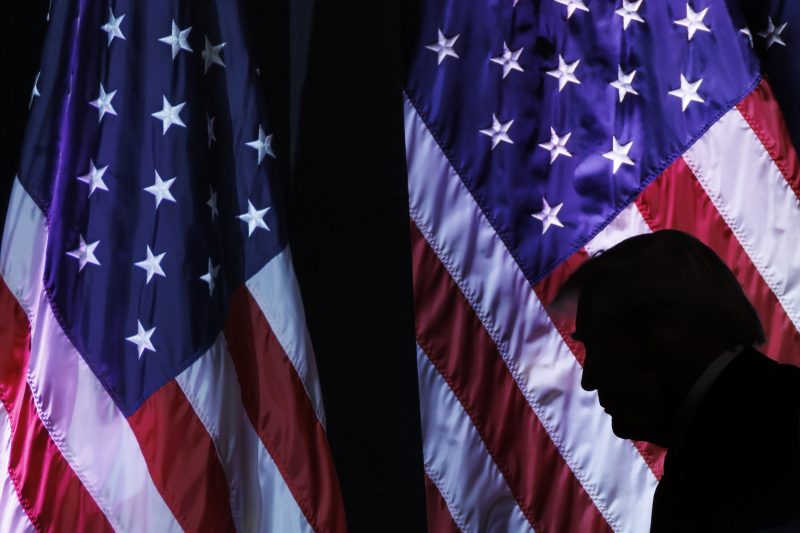In the midst of rapidly evolving technology and widespread connectivity, artificial intelligence (AI) has become a valuable tool in various sectors, impacting everything from customer service to financial risk management. However, the intersection of AI with political polling and crowd analysis has recently sparked debates and skepticism, particularly as it pertains to election outcomes. The 2016 U.S. presidential election brought to light the disconnect between traditional polls and the eventual result, leaving many to question the accuracy and reliability of polling data.
As the 2020 presidential election approaches, the utilization of AI in conjunction with crowdsourcing for analyzing public opinion and predicting election outcomes has emerged as a controversial topic. Swayed by the memory of previous election discrepancies, President Trump’s administration has expressed concern over potential biases and inaccuracies in current polling methodologies. This skepticism has triggered discussions around the need for transparent and unbiased data collection processes to ensure an accurate reflection of public sentiment.
AI has the potential to revolutionize the way election polling is conducted by leveraging vast amounts of data and advanced algorithms to deliver real-time insights. By harnessing the power of AI, polling organizations can mitigate human biases and errors, providing more accurate predictions of electoral outcomes. However, the reliance on AI-driven models also raises questions about accountability and the ethical implications of entrusting critical decisions to machine learning systems.
In parallel, the rise of crowd-sourced data collection methods has introduced a new dimension to election forecasting. Crowdsourcing platforms allow individuals to contribute their opinions and predictions, creating a diverse pool of data for analysis. While this approach can capture a wide range of perspectives, it also opens the door to manipulation and misinformation, highlighting the importance of verifying the credibility and authenticity of crowd-generated data.
As President Trump gears up for the upcoming election, the administration’s wariness toward AI-driven polling and crowd analysis underscores the need for unbiased and transparent methodologies in gauging public opinion. The challenge lies in striking a balance between leveraging cutting-edge technology for accurate forecasts and ensuring the integrity and validity of the data collected. As the political landscape continues to evolve, the integration of AI and crowdsourcing in election polling will undoubtedly shape the way we perceive and engage with electoral processes.




























